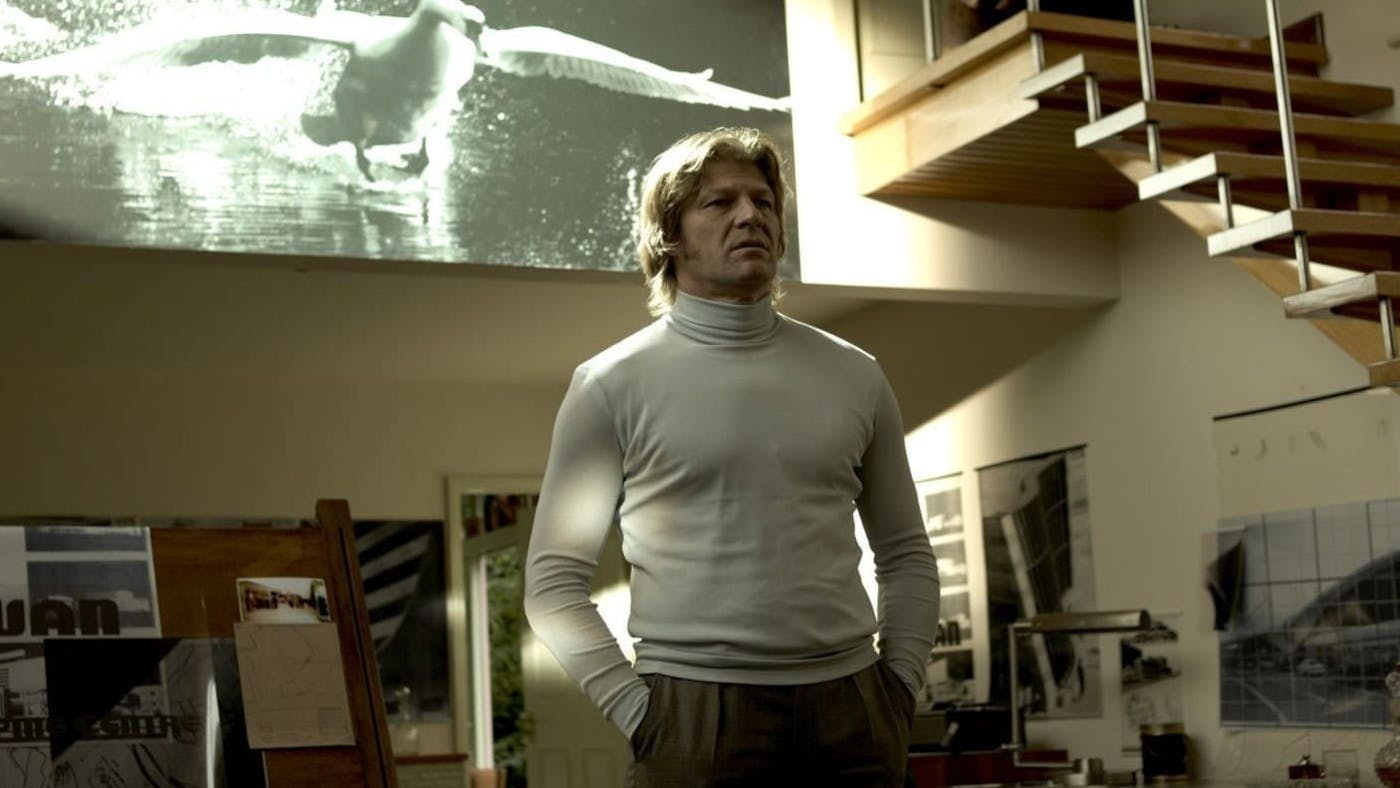By Chlotrudis Independent Film Society
Director: Anand Tucker
Starring: Chris Walker | David Morrissey | Jim Carter | Lisa Howard | Sean Bean | Shaun Dooley | Warren Clarke

Country: united_kingdom
Year: 2010
Running time: 100
IMDB: http://www.imdb.com/title/tt1259573/
Jason says: “The finale of a series never stands up well on its own, no matter how well-intentioned the production may be. One can argue that it shouldn’t, that by the time we get to the third act, the only people left watching are the ones invested in what has come before. It’s a delicate balance, rewarding loyalty on the one side and telling a story that maintains the same satisfying feel of earlier installments. I suspect that RED RIDING: 1983 doesn’t quite manage the latter, but has a fine enough ending to make it worthwhile. (NOTE: Although I will attempt not to give away too much of 1974 and 1980 in reviewing 1983, just the presence or absence of certain characters may be considered a spoiler; continue reading at your own risk.)
“Deputy Superintendant Maurice Jobson (David Morrissey) is a coward. We’ve seen him in previous installments of RED RIDING, but now it’s time to look at him a little more closely, and the impression we get is a man who would like to be a good cop but didn’t have the will to swim against the tide. That’s coming to a head now, because another nine-year-old girl has disappeared, in a manner that can’t help but remind the locals of the cases of a decade earlier. That certainly includes the mother of Michael Myshkin (Daniel Mays), the man convicted eight years ago; she prevails on her neighbor John Piggott (Mark Addy) to file an appeal. He protests that there was a confession and a guilty plea, and that appeals made a decade after the fact are viewed with suspicion. But for all his apparent unsuitability for the task, he may have an advantage over the police, in that they must at least appear to proceed from the assumption that Myshkin is guilty, focusing their attention on Leonard Cole (Gerard Kearns), since he knew Myshkin.
“Though Morrissey’s Maurice Jobson (pronounced ‘Morris) appears in both 1974 and1980, and by dint of rank alone must be somehow involved in the West Yorkshire Police Department’s funny dealings, he’s not a character that attracted a whole lot of attention until confronted by Peter Hunter late in 1980. Though not told ‘you’re better than this’ in so many words, that’s clearly the message sent, and this movie spends a lot of time trying to determine whether he is or not. Morrissey is well up to the job, although he’s seldom called upon to do it in a particularly subtle way. The basic idea works – in the flashbacks, Morrissey plays Jobson as a man of action and determination, even if the actions do sometimes move in opposite directions, while in the present, we see how being pulled both ways for so long, and being confronted with the result of occasionally making justice a secondary concern, has left him confused and indecisive. Indeed, sometimes Jobson’s attitude is the best way to tell flashbacks from present-day action.
“He’s half the equation; the other lead is Mark Addy. In many ways, Addy’s Piggott is the equivalent of the guys who have been the stars of the series in the earlier parts – an outsider compelled to find the explanation that the police are trying to suppress. Unlike Andrew Garfield’s Eddie Dunford or Paddy Considine’s Peter Hunter, John Piggott is… Well, Mark Addy. He’s the opposite of cocky, constantly trying to convince his client’s that the case is impossible, and he’s often ready with a self-deprecating joke . He is refreshingly and atypically without a dark side.
“As good as both Morrissey and Addy are in their roles, they clearly illustrate how finales tend to pull series in two directions. Piggott gets rather short shrift compared to Dunford and Hunter; though pleasant, he doesn’t get a chance to blossom as an intriguing and complex character, not just because he has to split screen time with Jobson, but because Jobson’s involvement in a much longer arc makes Piggott look small in comparison. The structure of Jobson’s story is a little problematic, too, as it strongly connects to 1974 but doesn’t do quite as much with 1980. It makes 1983 feel less like something that has been building for a decade. Instead of being something cumulative, the effect is rather like a TV series that has a great premiere, farts around in the middle of the season, and then pulls out the mythology for the season finale.
“But, to be fair, it’s a quite impressive finale in some ways. Sure, director Anand Tucker and screenwriter Tony Grisoni hammer too hard at things, especially since they’re recalling the excellent work Julian Jarrold did in the first episode: The closing line of 1974, pregnant with menace, is repeated almost to the point of becoming an overused catchphrase; on the other hand, there is a great callback that ties everything together. Tucker and company stage a few scenes with Morrissey’s Jobson that shouldn’t be surprising but manage to stun us a bit anyway. And when the last act comes, they do manage to make it work as both the climax for 1983 and the culmination of everything that had happened in the series, with the finales for both previous movies hanging over the characters’ heads.
“And, as the ending to a big series, that’s perhaps the best you can hope for. RED RIDING: 1983 isn’t as good a movie, individually, as either of its predecessors, but it may be wrong to expect it to be. Considering how often the resolution falls short of the set-up, it’s certainly an above-average finale.”
